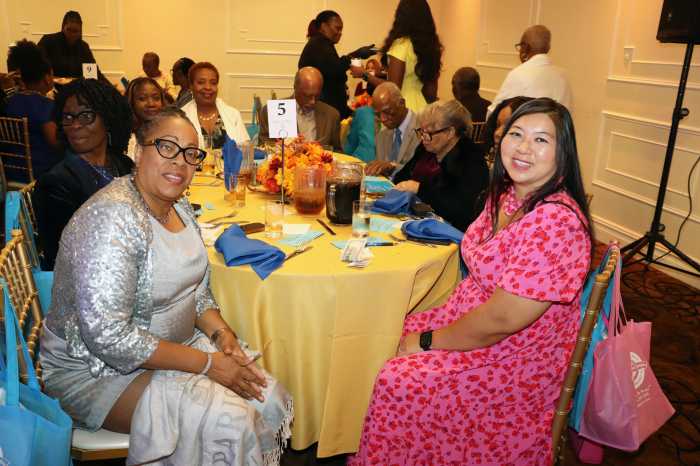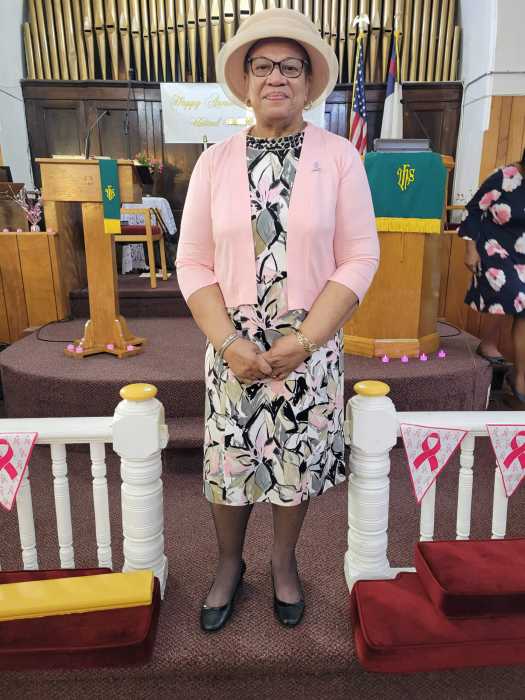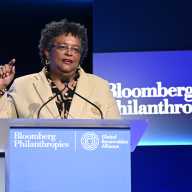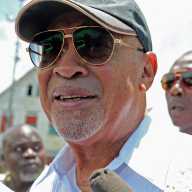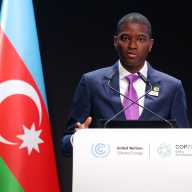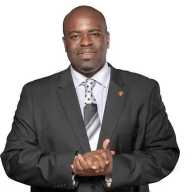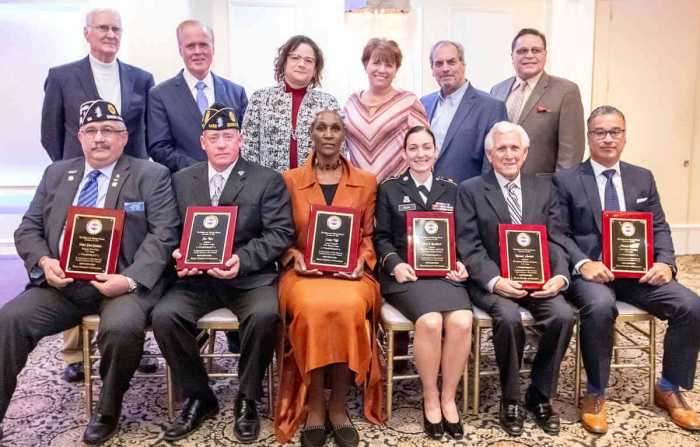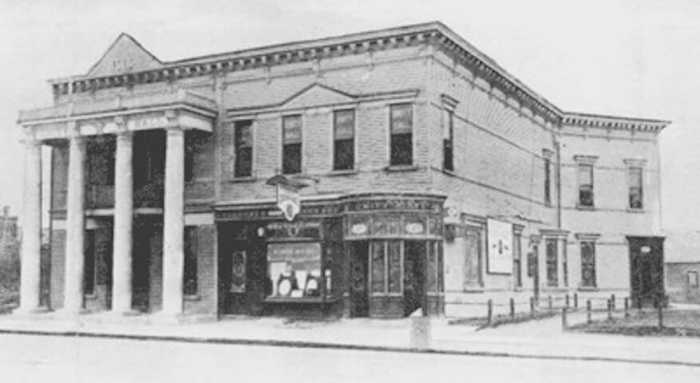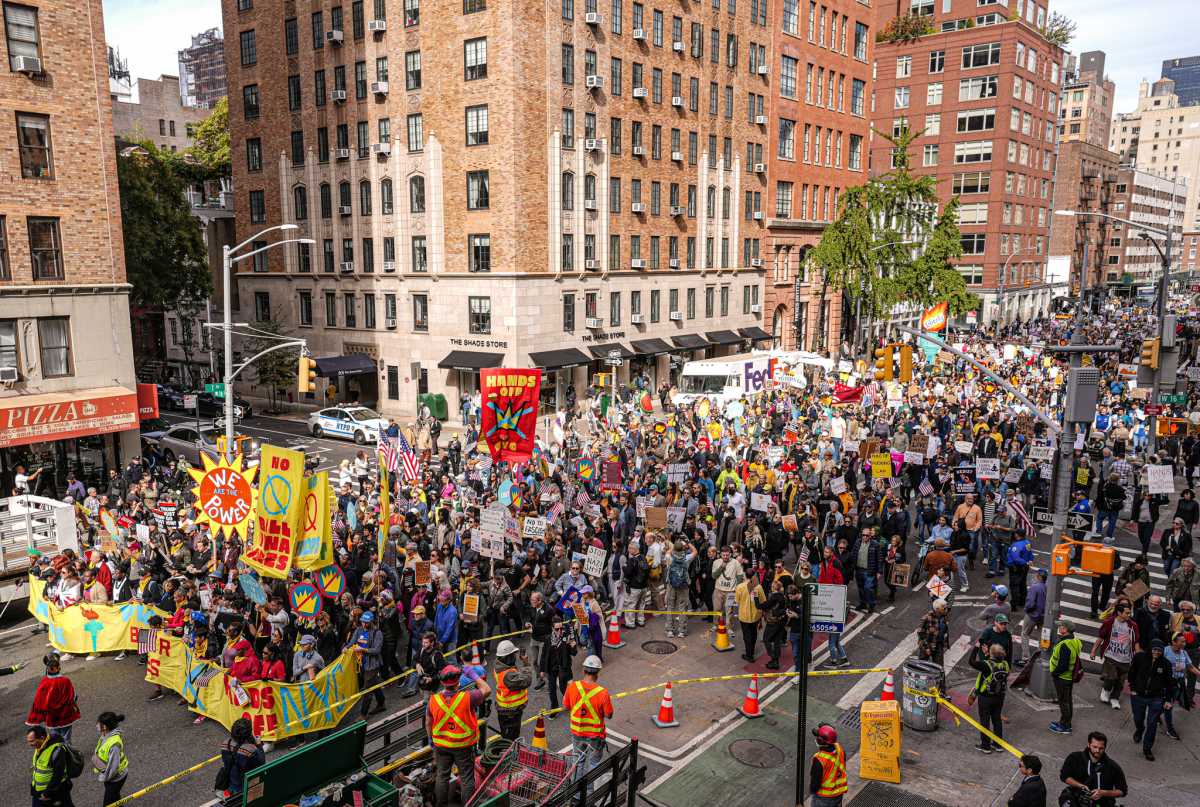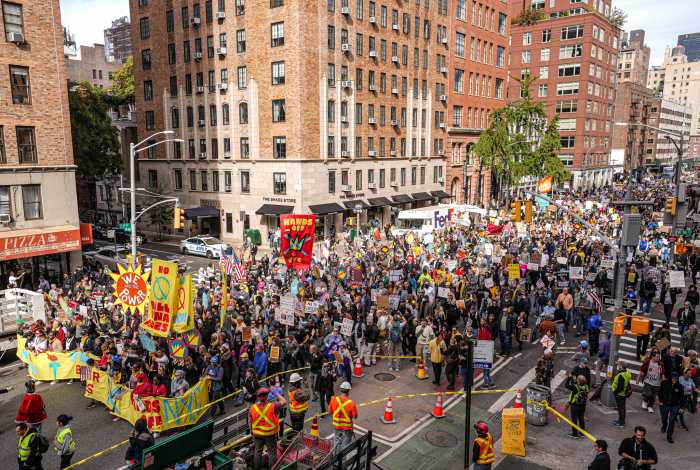A Caribbean trade bloc team soliciting public opinion across the region about improving governance in the community this week revealed that there’s an overwhelming yearning for a super-national body to replace the moribund Guyana-based administrative secretariat and for leaders to cede some of their powers to the replacement body to help it better make and implement decisions.
Secretary General Irwin LaRocque said in a statement that feedback from town hall meetings held in more than a dozen countries so far has indicated that the secretariat should be upgraded from its civil service supportive-type role to one with “super national authority” to make the headquarters body more effective and efficient in looking after the business of the region. “In short we are changing the way we do business.”
“The problem remains that regional leaders have been unwilling to cede any of their powers or authority to the secretariat and this has been seen as one of the reasons behind the poor implementation of CARICOM decisions. Instituting change is never easy and is more difficult if it is attempted in the face of entrenched attitudes and structures,” he said a recent town hall meeting at the University of the West Indies. The team is currently in the Bahamas and was scheduled to head to St. Kitts later this week.
CARICOM was established in July 1973 but its daily operations have been known to be plagued by a secretariat that does not have enough clout and the sloth in getting political leaders to support the work of technocrats in Georgetown.
LaRocque and a team from the secretariat and the region are moving around the Caribbean seeking opinions on how to improve operations at the secretariat and in the entire trade bloc following the submission of a report of the secretariat’s weaknesses from a team of consultations at the half-yearly leaders’ summit in Suriname early last year.
He argued that unless the secretariat gets some form of super-national authority, poor implementation of decisions made by leaders conferences and from ministerial meetings will be the order of the day, since the secretariat does not have the clout to take decisions and have to wait on the regional political directorate for guidance.
The consultations come as governments, civil society groups and regional nationals have been complaining about declining interest in regional integration and the slow pace of implementation of decisions made by the political directorate.
LaRocque said that despite this, the consultations revealed the need for improved air- and sea-transport in the region, for hassle-free air travel and the ability of professionals and ordinary Caribbean nationals to move freely among countries without problems from immigration and customs officials.
“It is clear from the consultations, that the people of CARICOM remain committed to realizing the potential of our integration movement, our single but diversified space, and even eventually our United States of the Caribbean, as it has been described in some of the consultations,” he said.


